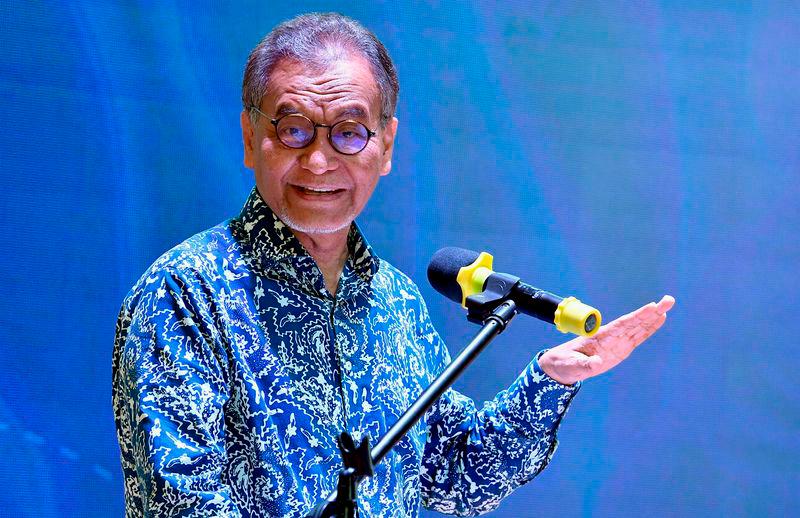KUALA LUMPUR: Malaysia has taken a major step forward in addressing the global burden of lung diseases by spearheading the submission of a landmark World Health Organisation (WHO) Lung Health Resolution at the recent World Cancer Congress held in Geneva.
The resolution, which aims to be adopted as a global health agenda at the World Health Assembly and United Nations General Assembly in 2025, seeks to prioritise lung health on international platforms.
Health Minister Datuk Seri Dr Dzulkefly Ahmad said Malaysia’s initiative to submit the WHO Lung Health Resolution represents a clarion call for all nations to prioritise integrated and comprehensive strategies to tackle the scourge of lung diseases head-on.
“By submitting this resolution to the WHO, we aim to catalyse a worldwide movement that will save millions of lives and alleviate the immense social and economic burden caused by these preventable conditions,“ he said in a statement made available to Bernama.
Lung diseases, including lung cancer and other respiratory conditions, have become a pressing global health issue, with developing countries bearing the brunt. According to WHO, over 85 per cent of premature deaths from non-communicable diseases (NCDs) occur in resource-constrained settings.
In Malaysia, lung cancer remains one of the leading causes of cancer-related deaths. The Ministry of Health (MOH) has reported a surge in cases due to high smoking prevalence and environmental pollution. The financial toll of NCDs in Malaysia is significant, with estimates suggesting an annual impact of billions of dollars in direct healthcare costs and lost productivity.
To address this, Malaysia has implemented several initiatives aimed at curbing smoking, improving air quality and promoting healthy lifestyles. These efforts include the National Strategic Plan for Cancer Control (2021-2025), which focuses on strengthening prevention, early detection and treatment services nationwide.
Looking ahead, Malaysia is developing a National Strategic Plan for Lung Health (2025–2030) and a Roadmap for Lung Health Initiative. These strategies leverage digital technologies to improve lung health outcomes and enhance healthcare resilience.
“By investing in precision medicine, artificial intelligence and telemedicine, we are positioning Malaysia as a global leader in the fight against lung diseases,“ Dr Dzulkefly said.
“These cutting-edge technologies will enhance our screening capabilities, enable early detection and support the development of personalised treatment plans – all of which are crucial to improving lung health and saving lives,“ he added.









